Tadić meets with Turkish, regional leaders
Serbian President Boris Tadić met in Istanbul on Wednesday with Turkish President Abdullah Gul and Prime Minister Recep Tayyip Erdogan.
Thursday, 24.06.2010.
09:21

Serbian President Boris Tadic met in Istanbul on Wednesday with Turkish President Abdullah Gul and Prime Minister Recep Tayyip Erdogan. The meeting took place on the sidelines of the summit of heads of states and governments of the South-East European Cooperation Process (SEECP). Tadic meets with Turkish, regional leaders Tadic also met with his Montenegrin counterpart Filip Vujanovic, who invited the Serbian president to pay his first official visit to Montenegro early in July. Gul, Tadic and Vujanovic held a joint press conference upon the closing of the SEECP summit, at which Turkey handed over the one-year rotating chairmanship of the SEECP to Montenegro, which will hand it over to Serbia in June 2011. The final declaration adopted at the summit highlights the importance of continuation of the European and Euro-Atlantic integration and strengthening of cooperation and good neighborly relations in the region. The declaration welcomed the progress that individual countries of the region made in the European integration process. The SEECP declaration stressed that its members are committed to securing the European and Euro-Atlantic perspective of Southeastern Europe in accordance with the aspirations of individual countries, since such integration is considered the best way to achieve long-lasting peace and stability, as well as socio-economic development in the region. SEECP members have emphasized their strong conviction that joint cultural and historical heritage of the region, as well as the countries' common values and goals, represent a good foundation for transforming the region into a place of peace, friendship, stability and prosperity, the declaration states. Tadic in Istanbul (Tanjug/Xinhua) Warning about holy sites in Kosovo Boris Tadic cautioned in Istanbul on Wednesday that the Serb holy sites in Kosovo are at risk, and pointed to the attempts of the Kosovo Albanian authority in Pristina to artificially separate a foundational part of Serb patrimony and politicize it. "All four of our World Heritage-designated sites that are located in our province of Kosovo have been placed on UNESCO's List of World Heritage in Danger, where they must unfortunately remain," Tadic said while addressing the participants of the Forum of the Heads of Southeast European Countries on Cultural Corridors. The Forum is held under the auspices of UNESCO in scope of the South-East European Cooperation Process (SEECP). Tadic also pointed out that Serbia greatly appreciates UNESCO's strict status-neutrality, and the Organization's sensitivity in this fundamental area of our cooperation. He underlined that UNESCO-and Council of Europe-sponsored programs such as this one have stood fast throughout this decade of accomplishment and through setbacks, such as the unilateral declaration of independence by the ethnic-Albanian authorities of Serbia's southern province of Kosovo and Metohija, and their attempt to artificially separate a foundational part of Serbian patrimony, by politicizing cultural heritage or destroying it whole-scale. "These bridges have held even though some in Pristina have tried to use Serbian patrimony in Kosovo as pawns in a dangerous game of identity creation," Tadic said. President Tadic proposed that Serbia hosts this important regional event in 2011.
Tadić meets with Turkish, regional leaders
Tadić also met with his Montenegrin counterpart Filip Vujanović, who invited the Serbian president to pay his first official visit to Montenegro early in July.Gul, Tadić and Vujanovic held a joint press conference upon the closing of the SEECP summit, at which Turkey handed over the one-year rotating chairmanship of the SEECP to Montenegro, which will hand it over to Serbia in June 2011.
The final declaration adopted at the summit highlights the importance of continuation of the European and Euro-Atlantic integration and strengthening of cooperation and good neighborly relations in the region.
The declaration welcomed the progress that individual countries of the region made in the European integration process.
The SEECP declaration stressed that its members are committed to securing the European and Euro-Atlantic perspective of Southeastern Europe in accordance with the aspirations of individual countries, since such integration is considered the best way to achieve long-lasting peace and stability, as well as socio-economic development in the region.
SEECP members have emphasized their strong conviction that joint cultural and historical heritage of the region, as well as the countries' common values and goals, represent a good foundation for transforming the region into a place of peace, friendship, stability and prosperity, the declaration states.
Warning about holy sites in Kosovo
Boris Tadić cautioned in Istanbul on Wednesday that the Serb holy sites in Kosovo are at risk, and pointed to the attempts of the Kosovo Albanian authority in Priština to artificially separate a foundational part of Serb patrimony and politicize it."All four of our World Heritage-designated sites that are located in our province of Kosovo have been placed on UNESCO's List of World Heritage in Danger, where they must unfortunately remain," Tadić said while addressing the participants of the Forum of the Heads of Southeast European Countries on Cultural Corridors.
The Forum is held under the auspices of UNESCO in scope of the South-East European Cooperation Process (SEECP).
Tadić also pointed out that Serbia greatly appreciates UNESCO's strict status-neutrality, and the Organization's sensitivity in this fundamental area of our cooperation.
He underlined that UNESCO-and Council of Europe-sponsored programs such as this one have stood fast throughout this decade of accomplishment and through setbacks, such as the unilateral declaration of independence by the ethnic-Albanian authorities of Serbia's southern province of Kosovo and Metohija, and their attempt to artificially separate a foundational part of Serbian patrimony, by politicizing cultural heritage or destroying it whole-scale.
"These bridges have held even though some in Priština have tried to use Serbian patrimony in Kosovo as pawns in a dangerous game of identity creation," Tadić said.
President Tadić proposed that Serbia hosts this important regional event in 2011.










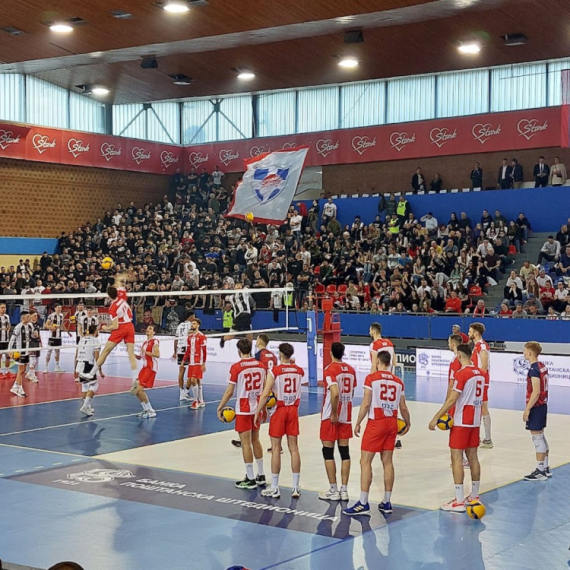
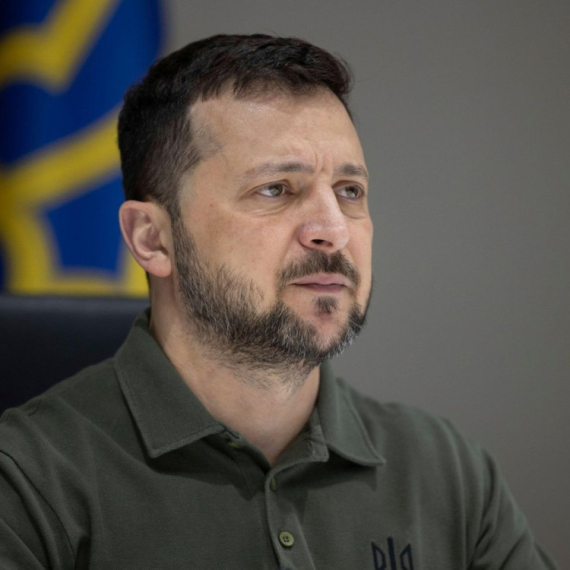


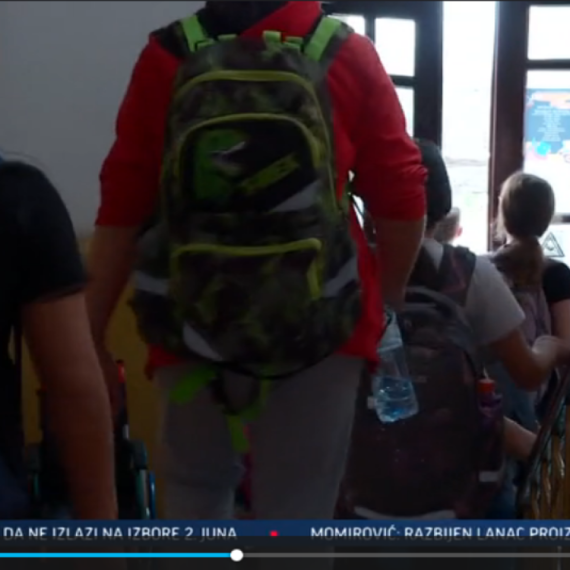
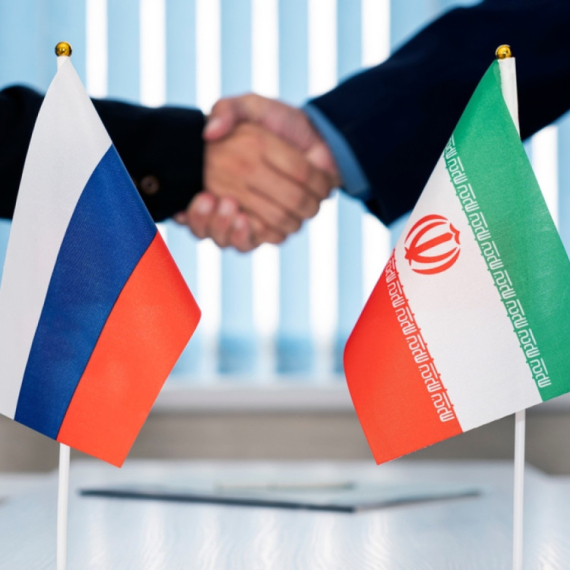
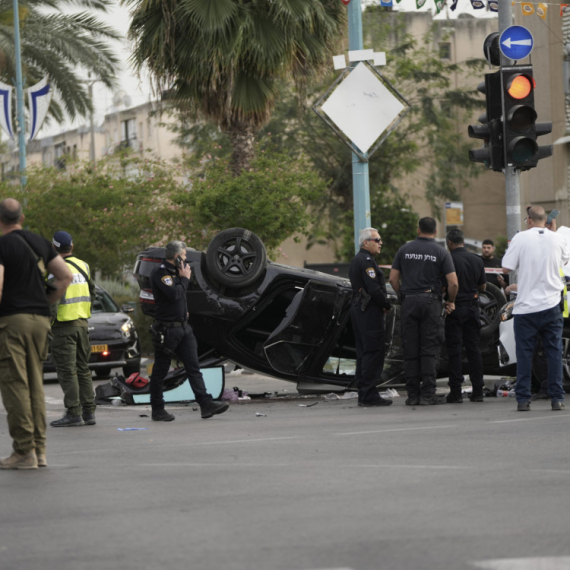
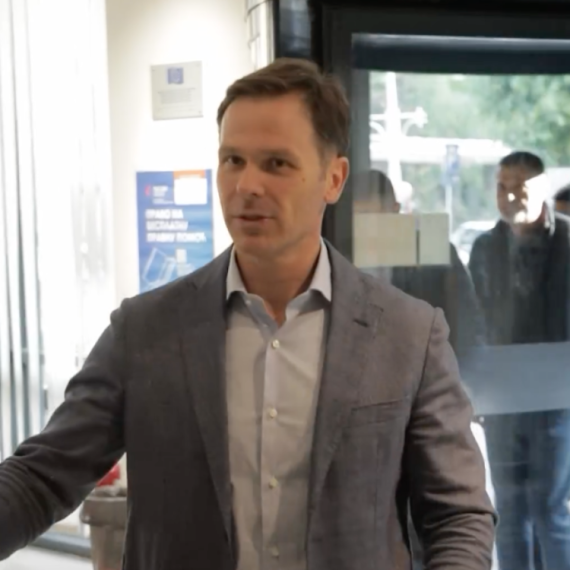
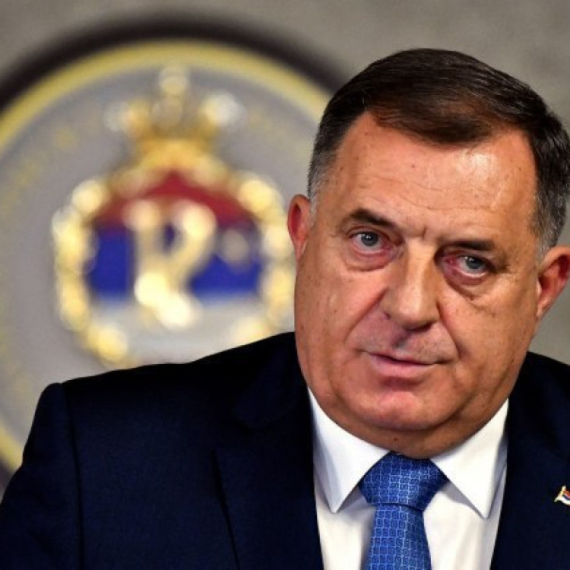
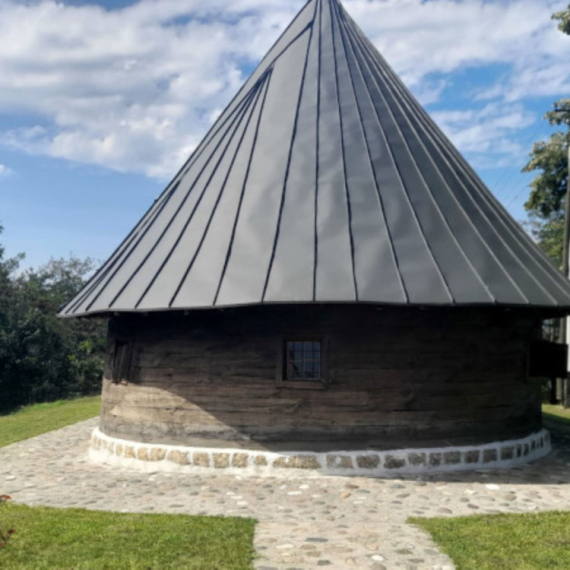


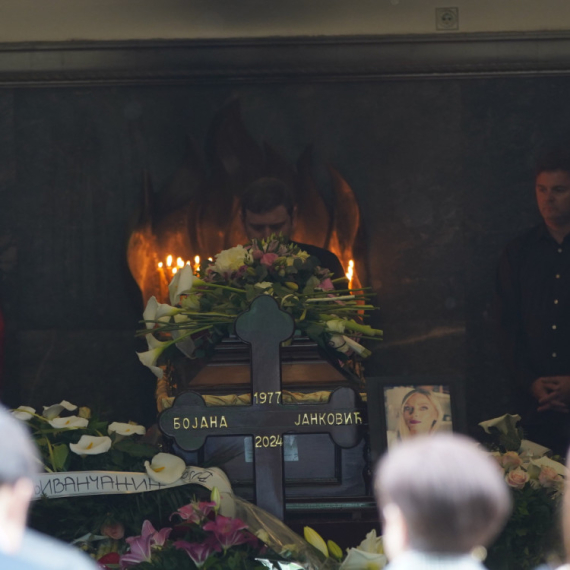
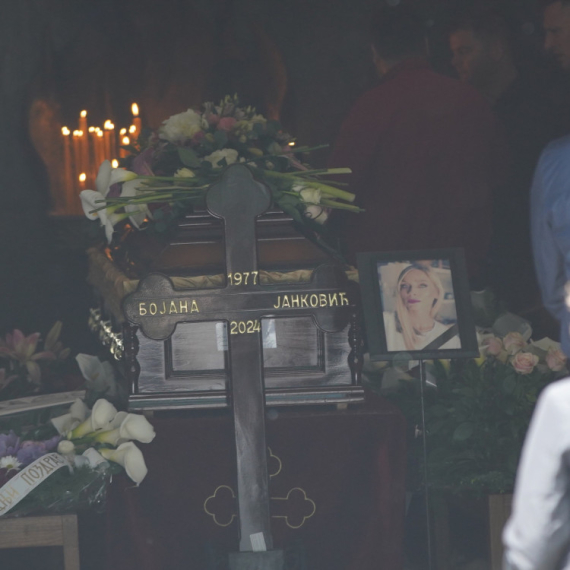


























Komentari 1
Pogledaj komentare